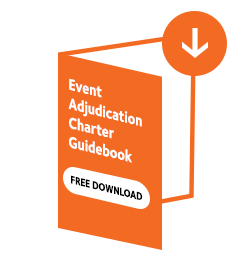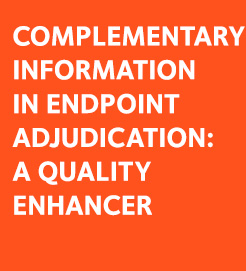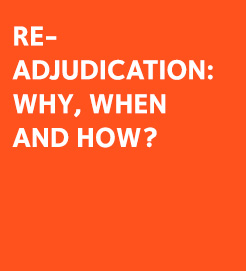Clinical trial endpoint adjudication has emerged with the increasing use of software tools in clinical research. The ease of exchange of data and documents has allowed experts to review complex endpoints in real time while remaining blinded to any personal or treatment identifiers. However, software is not the end of the story. Clinical research professionals are manning the adjudication systems and specific SOPs govern the whole process. Here are the main roles and their respective responsibilities.
The expert clinicians (Reviewers): while being at the cutting edge of their respective medical field, experts must be trained in the use of new software and familiarize themselves with the clinical trial endpoint adjudication process. They need to take up new habits of collaboration and resolution of disagreements as well as issuing queries and managing responses.The investigational sites must understand the purpose and process of adjudication and integrate information exchange in the study management of their patients. In addition to the regular EDC process, sites must respond to a new set of queries, arrange for document redaction and translation.
The adjudication coordinator is the “orchestra conductor” of the adjudication process. The coordinator must have a deep knowledge of the protocol and adjudication charter as well as be familiar with the software tools used. He or she must coordinate all actions, ensure all rules are followed, timelines respected and take appropriate action to keep the process flowing seamlessly.
Finally, the software provider: must ensure continuous availability of the tools, technical support to users and regular update of the technology. The provider must be associated in the setup from the very early stages, understand all the constraints and be able to accommodate the study needs. To this end, a flexible and user-friendly platform is paramount.
Clinical trial endpoint adjudication is a young science and will most certainly evolve in the years to come. Clinical endpoint adjudication will most likely keep growing as a method of enhanced quality and precision in clinical trials. As an industry, we should stay tuned and exchange experience to improve together.
DOWNLOAD NOW THE FREE ENDPOINT ADJUDICATION HANDBOOK
The Complete Manual / Reference Book (34 pages) with all the topics related to the Independent Endpoint Adjudication Committees Management








